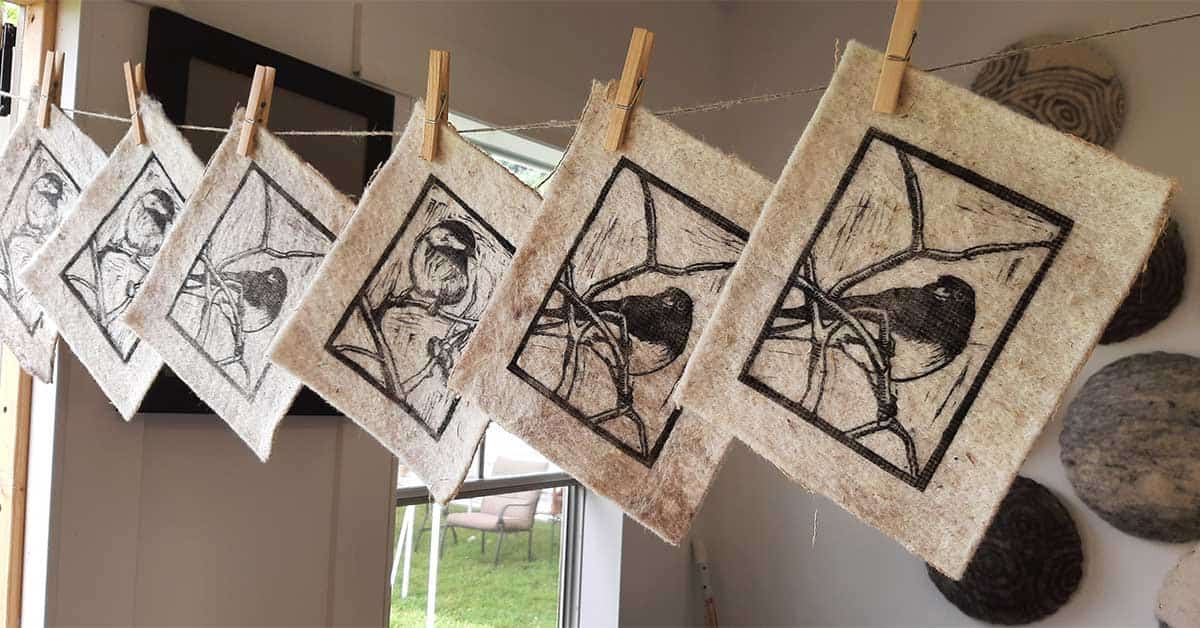;
;
;
Next Article
Kings take two of three in busy weekend schedule

The oldest organic conference in the country returns next week to the University of Guelph. The event brings together the best minds, thinkers, doers and shakers in the organic world for a few days. This year it will take place January 23 to 29. The keynote speaker is Paul Holmbeck of Holmbeck EcoCo
Last updated on May 03, 23
Posted on Jan 19, 23
3 min read
